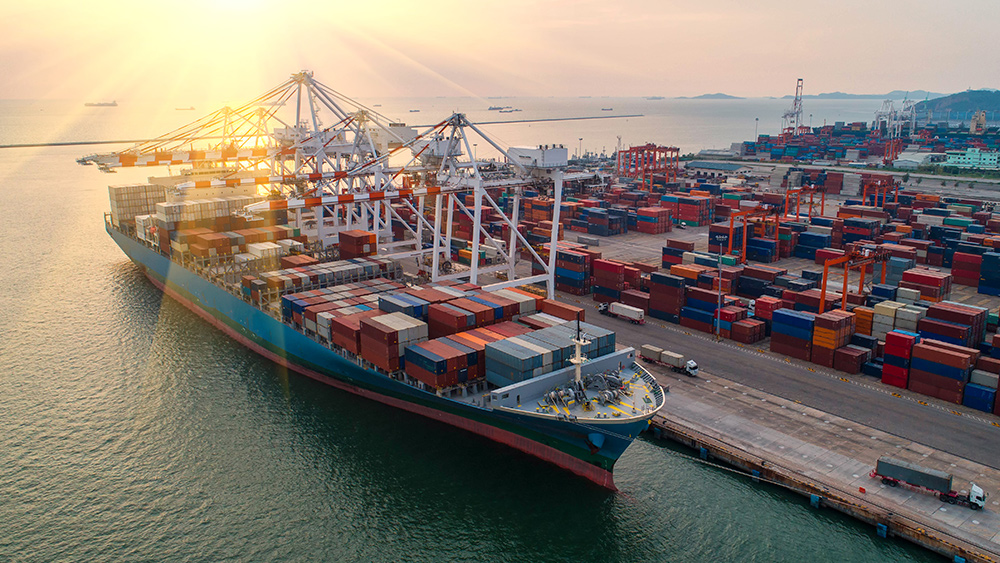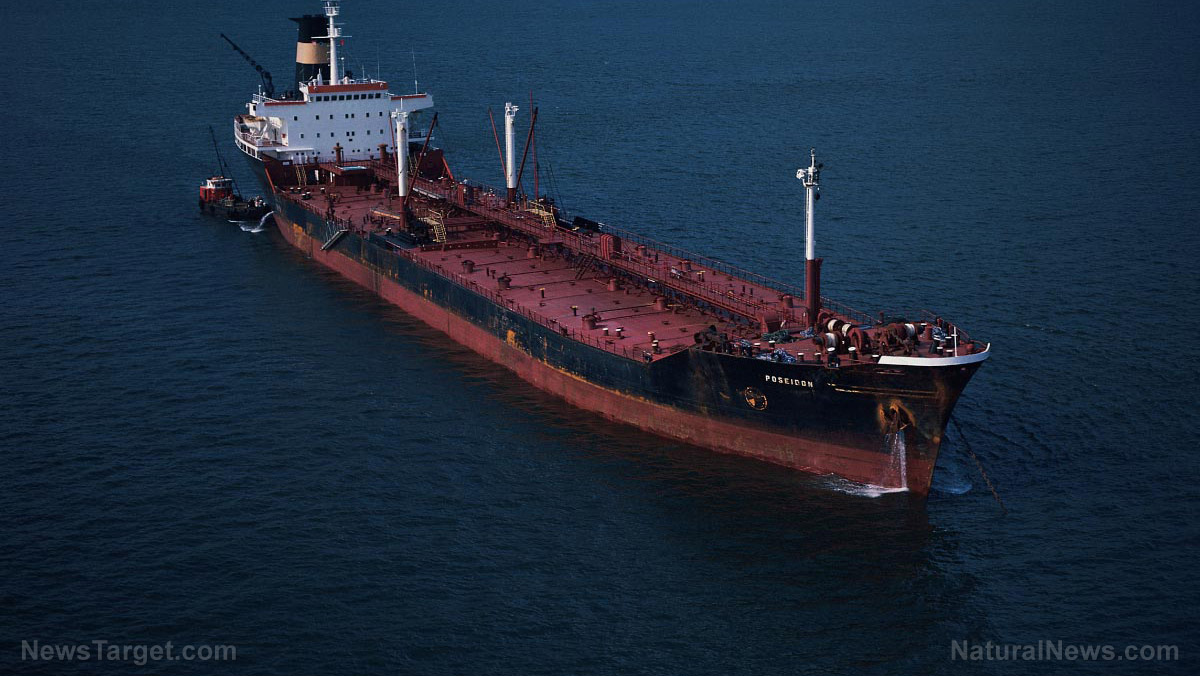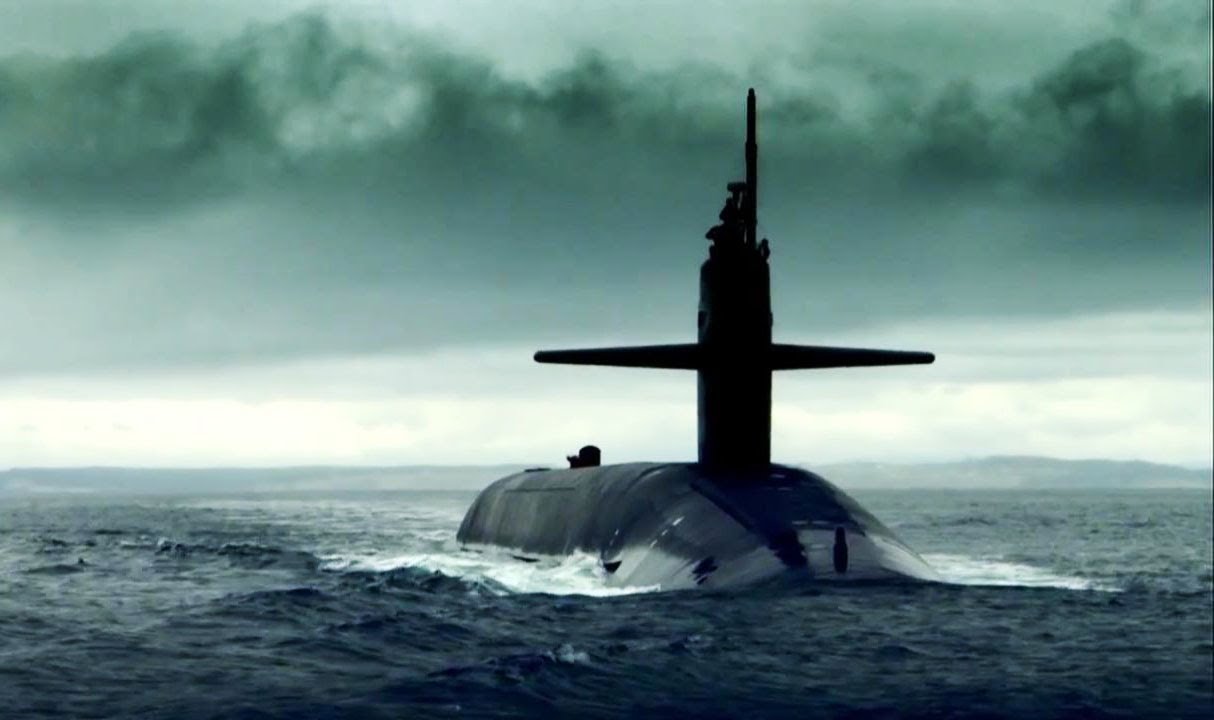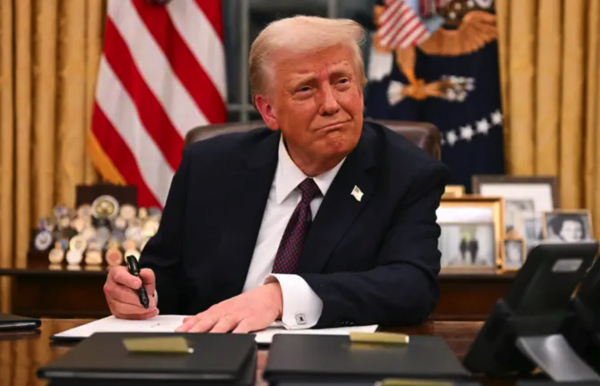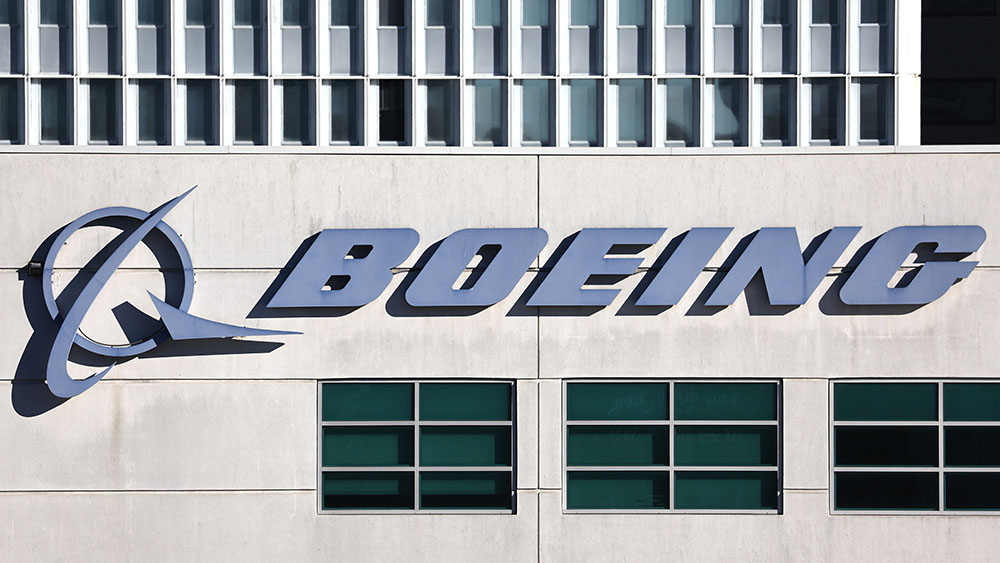U.S. targets Iranian elite’s global shipping empire in sweeping sanctions crackdown
08/03/2025 / By Cassie B.
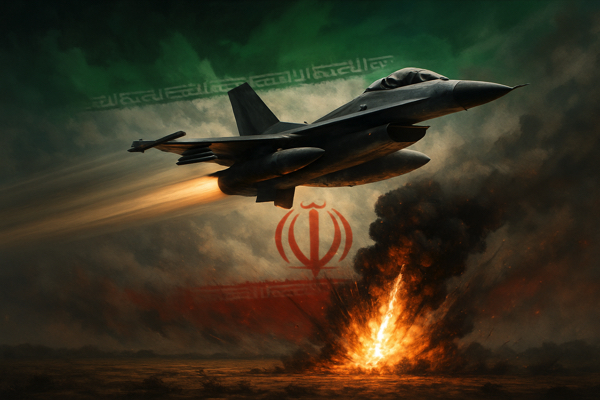
- The U.S. imposed its toughest sanctions since 2018, targeting an Iranian shipping network tied to a top leader’s son, involving 15 firms, 52 vessels, and entities across 17 countries.
- Officials exposed a vast oil-smuggling operation allegedly run by Mohammad Hossein Shamkhani, using shell companies to fund Iran’s regime and evade sanctions.
- Iran condemned the sanctions as an attack on sovereignty, vowing defiance, while the U.S. framed them as necessary to curb corruption and terror financing.
- The sanctions aim to disrupt Iran’s shadow oil trade without destabilizing global markets, as exports have already dropped by 600,000 barrels per day this year.
- The move highlights the Shamkhani family’s global wealth and hypocrisy, with the U.S. signaling no elite’s offshore empire is beyond its reach.
In a bold move to cripple Iran’s illicit oil trade, the U.S. Treasury Department unleashed its most aggressive sanctions package since 2018 on July 31, directly striking at a vast shipping network allegedly controlled by Mohammad Hossein Shamkhani, the son of a top adviser to Iran’s Supreme Leader. The sanctions target 15 firms, 52 vessels, 12 individuals, and 53 entities across 17 nations from Panama to Hong Kong accused of funneling tens of billions in oil profits to Tehran. Iran’s regime, already reeling from economic isolation, condemned the sanctions as a “blatant assault” on its sovereignty, but Washington insists the measures are a necessary blow against corruption and terror financing.
A network built on corruption and evasion
The Treasury Department’s action exposes what officials describe as a sprawling “shipping empire” masterminded by Shamkhani, leveraging front companies and foreign passports to evade scrutiny while moving Iranian and Russian oil to global buyers. “These profits have helped prop up the Iranian regime,” the Treasury stated, accusing Shamkhani of exploiting his family’s political ties, including his father Ali Shamkhani’s role as a sanctioned adviser to Supreme Leader Ayatollah Ali Khamenei, to amass wealth and bankroll Tehran’s destabilizing activities.
Layers of shell firms with “no easily discernible connection” to Shamkhani’s operations allowed the network to thrive, Treasury officials revealed. Among the sanctioned vessels are the Bendigo, Carnatic, and Spirit of Casper, while entities like Sepehr Energy Jahan Nama Pars Company—linked to Iran’s military—were also blacklisted. A U.S. official emphasized the precision of the sanctions, stating they were “tailored” to avoid disrupting global oil markets while maximizing pressure on Iran’s elite.
Iran lashes out, vows defiance
Iran’s Foreign Ministry spokesperson Esmail Baghaei blasted the sanctions as “an evil act aimed at harming Iran’s economic development,” framing them as part of Washington’s “hostility” toward ordinary Iranians. “The Iranian people … will stand firm with all their might to safeguard their dignity and interests,” Baghaei declared, accusing the U.S. of violating international law. The regime’s defiance echoes past rhetoric, but the sanctions’ breadth, coupled with existing EU measures against Shamkhani, signals a tightening noose around Tehran’s revenue streams.
The Treasury’s move follows months of escalating tensions, including U.S. airstrikes on Iranian nuclear sites in June and threats from President Donald Trump to strike again if Tehran revives its program. Iranian Foreign Minister Abbas Araghchi previously warned on social media that further aggression would trigger a response “IMPOSSIBLE to cover up,” but the regime’s capacity to retaliate economically is now further constrained.
While the sanctions avoid directly targeting major oil importers like China, they aim to strangle Iran’s shadow oil trade by complicating ship registrations, insurance, and port access. A U.S. official noted Iran’s exports had already dropped from 1.8 million barrels per day to 1.2 million this year, with plans to “bring that number down even more.” The EU’s parallel sanctions on Shamkhani for aiding Russia’s oil trade suggest a growing Western consensus, although Tehran’s allies may seek workarounds.
The sanctions spotlight the Shamkhani family’s global footprint, with its luxury properties, foreign passports, and offshore fronts, as emblematic of the regime’s hypocrisy. “The Iranian regime elites leverage their positions to accrue massive wealth,” Treasury Secretary Scott Bessent asserted, underscoring Washington’s narrative of a corrupt dictatorship profiting while ordinary Iranians suffer.
The Trump administration’s sanctions mark a calculated escalation, striking at the financial lifelines of Iran’s ruling class without destabilizing energy markets. Yet with Tehran vowing resistance and regional tensions simmering, the long-term impact hinges on whether enforcement can outpace evasion. For now, the U.S. is making it clear that it remains committed to economic warfare against regimes it deems adversarial—and no elite’s offshore empire is beyond reach.
Sources for this article include:
Submit a correction >>
Tagged Under:
Iran, oil, sanctions, shipping, War
This article may contain statements that reflect the opinion of the author
RECENT NEWS & ARTICLES
COPYRIGHT © 2017 NATIONAL SECURITY NEWS








